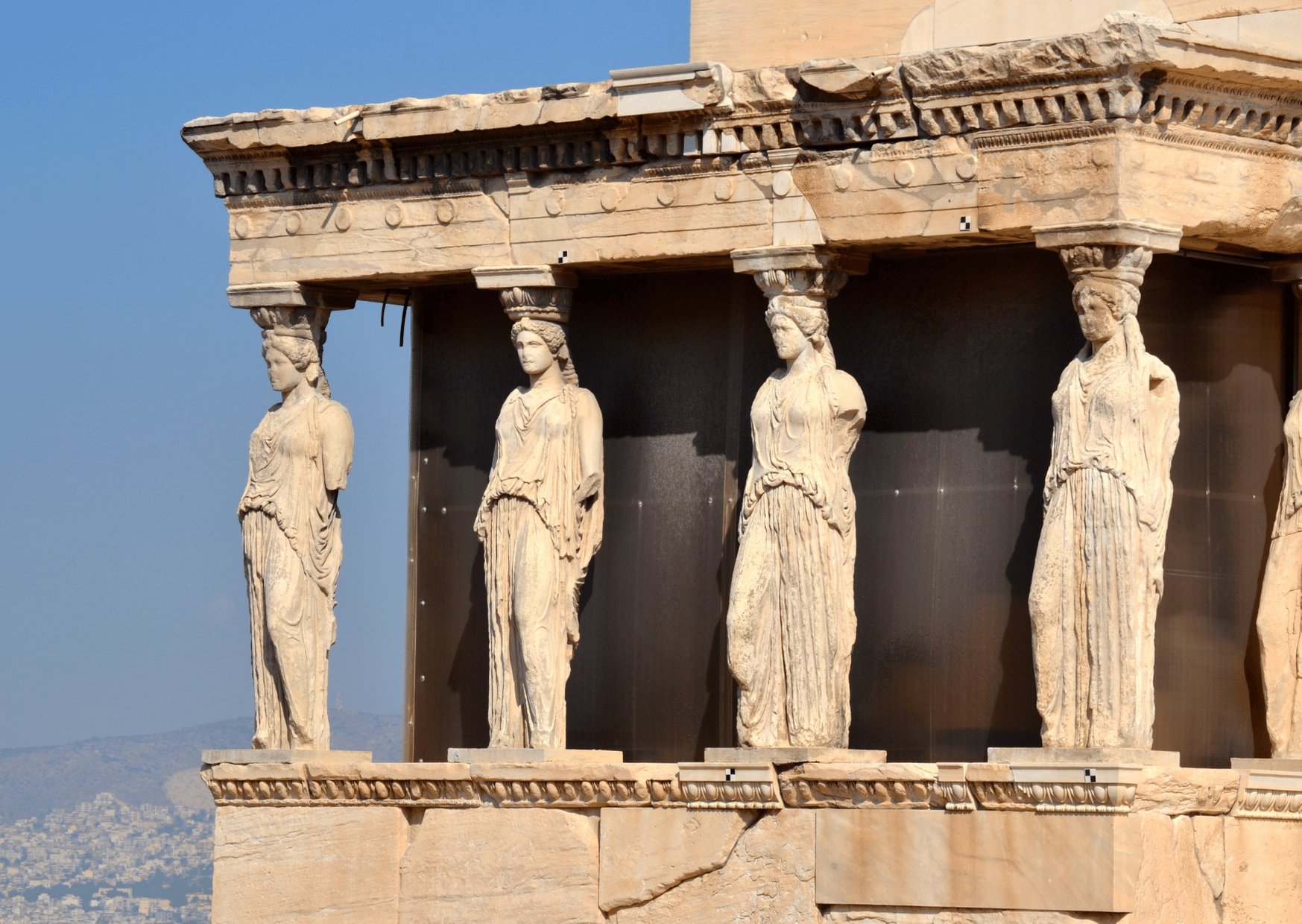Oxford and Cambridge Essay Competitions
We have gathered together some of the key essay competitions to enter, hosted by colleges at Oxford and Cambridge University.
If you are applying for Oxbridge or a top UK or Russell Group university that interviews its applicants, it is worth noting that many of the competition questions are very similar to interview-style questions. Submitting an essay to one of these essay competitions is a great way to increase your super-curricular knowledge for personal statement or interview and many will provide feedback from top academics in their field. You may only have time to enter one competition, but check out similar ones relating to your course of application, and practise brainstorming/verbalising an answer to the question.
Could you be interested in having an Oxbridge-educated mentor support your writing process? Minds Underground™ is the brainchild of the wider educational company, U2, with offerings curated by a team of 700+ Oxbridge-educated mentors, who would be able to support both your essay competition entry and wider Oxbridge application (sessions from £75/h).
Do also check out online Oxbridge Summer Schools, hosted by our team of Oxbridge graduates, with 12 different subject categories!
Course-wide Oxbridge Essay Competitions:
Robinson College, Cambridge’s Essay Prize
This essay competition is designed to give students the opportunity to develop and showcase their independent study and writing skills. Unfortunately, for external reasons, the essay won’t be running in 2023, but may well be running in 2024 so do keep an eye out so you don’t miss it!
Sample Essay Questions from 2020
Discuss, with reference to any academic discipline, any area of interest raised by one of the following quotations/ questions:
"Those who would give up essential Liberty, to purchase a little temporary Safety, deserve neither Liberty nor Safety.” (Benjamin Franklin) Do you agree?
Does the theory of evolution by natural selection tell us anything interesting about how we should live?
Watch the following TED talk by novelist Chimamanda Ngozie Adichie: The Danger of a Single Story. TED Global. (2009) Available online via: https://www.ted.com/talks/chimamanda_ngozi_adichie_the_danger_of_a_single_story. What are novels for? Answer in light of the TED talk and any one or two text(s) you have read recently
“A true war story is never moral. […] If a story seems moral, do not believe it. If at the end of a war story you feel uplifted, or if you feel that some small bit of rectitude has been salvaged from the larger waste, then you have been made the victim of a very old and terrible lie. There is no rectitude whatsoever.” (Tim O’Brien, The Things They Carried, 1990). Write about any piece of war literature or art about war in light of O’Brien’s claim
There is no such thing as ‘untranslatable’. Discuss
Sample Essay Questions from 2022
'Law and morality should never collide'. Discuss.
A character in a novel written by an African American woman in 1892 makes the following claim:"Miss Leroy, out of the race must come its own thinkers and writers. Authors belonging to the white race have written good books, for which I am deeply grateful, but it seems to be almost impossible for a white man to put himself completely in our place. No man can feel the iron which enters another man's soul." (From Iola Leroy by Francis Harper)Black feminist writer Patricia Hill Collins describes the above as a "belief in a special vision of those who have experienced oppression". Discuss this belief with reference to at least one book, play, or poem written by an author of colour.
Can science tell us how we should live?
In the twenty-first century, what is monarchy for?
"A good translation is like a pane of glass. It should never call attention to itself." (Norman R. Shapiro). Discuss.
Humanities
Girton College, Cambridge’s Humanities Writing Competition
Aimed at giving Humanities applicants an insight into research at university level - candidates expected to produce extensively researched, clearly written and well-referenced essays ranging well beyond the set curriculum. This essay is a great way to extend your knowledge and research across a wide range of different humanities based subjects so useful if you are looking to apply for something like Human, Social, Political Sciences (HSPS).
Newnham College, Cambridge’s Woolf Essay Prize
This year, the Woolf Essay Prize invites participation from all female students in Year 12 (or equivalent), irrespective of their school or nationality. The submission deadline is 12pm GMT on Friday, July 14th, 2023.
While this award might particularly interest those pursuing English Literature, History, Politics, Philosophy, or Sociology, the college encourages entries from curious students studying a diverse range of subjects.
Archaeology
Fitzwiliam College, Cambridge’s Archaeology Essay Competition
Past questions: What are the challenges in reconstructing cultural identities from the archaeological record?// How does reconstructing diet help us understand past societies?
The college also runs writing Webinars in the months leading up to these essay competitions that would be really useful in getting yourself Cambridge and Oxford
Architecture
Fitzwilliam College, Cambridge’s Architectural Design Competition
This is an exciting opportunity for secondary school students to analytically approach a design problem and creatively develop architectural design solutions. Students will design and communicate their design solutions through drawings and a design narrative
Philosophy
Oriel College, Oxford’s Lloyd Davies Philosophy Prize
2019 questions included: Is anything special about the present moment?// Can one be mistaken about one's own state of mind?// Which is more important in determining the wrongness of a person's action: the person's intentions or the action's effects?
The Lloyd Davies Philosophy Prize is open to students in Year 12 (or equivalent). The first prize is £250, and there may also be a second prize of £150.
Trinity College, Cambridge’s Philosophy Essay Prize
2020 Question 1: If you learn that humanity will be extinct in twenty years, what difference should it make to what you value?
Question 2: Could you be friends with a robot?
The competition carries a First Prize of £600 and a Second Prize of £400, to be split equally between the candidate and his or her school or college; the school or college’s portion of the prize to be issued in the form of book tokens.
History
St. Hugh’s College, Oxford’s The Julia Wood Prize
St Hugh’s College, Oxford offers a prize worth up to £500, for the best historical essay submitted by a pupil who, at the closing date, has been in the Sixth Form of any school or college for a period of not more than two years.
Entries should be 2,000 – 4,000 words in length, and should be submitted as a Microsoft Word document, together with the Julia Wood Prize cover sheet.
Trinity College, Cambridge’s Robson History Prize
2020 Questions: E.g. Can one write a history of women in Ancient Greece? Is it meaningful to speak of a ‘renaissance’ in intellectual life in twelfth-century Europe? What can historians learn from coins?
The competition carries a First Prize of £600, and second prize of £400 both to be shared equally between the successful essayist and their school or college.
Classics
St. Hugh’s College, Oxford’s The Mary Renault Prize
At least one prize will be awarded a pupil who is not studying either Latin or Greek to A-level standard
Prize worth up to £300
“Essays can be from any discipline and should be on a topic relating to the reception of classical antiquity – including Greek and Roman literature, history, political thought, philosophy, and material remains – in any period to the present; essays on reception within classical antiquity (for instance, receptions of literary or artistic works or of mythical or historical figures) are permitted.”
Fitzwilliam College, Cambridge’s Ancient World/ Classics Essay Competition
English
Trinity College, Cambridge’s Gould Prize for Essays in English Literature
“This Essay Prize has the following aims. First, to encourage talented students with an interest in English Literature to explore their reading interests further in response to general questions about the subject.”
Like the other Trinity essay competitions, the competition carries a First Prize of £600, and second prize of £400 both to be shared equally between the successful essayist and their school or college.
Queen’s College, Cambridge’s The Estelle Prize for English
Example question from 2019 competition: The following two poems, (a) 'To Autumn' by John Keats, and (b) 'Halcyon Days' by Walt Whitman, might be said to create for their readers an experience as well as an understanding of time. Making reference to the distinctive temporality of one or both poems, write about the experience of time in any other poem or poems you like.
The winner will receive a £500 prize; depending on the strength of the field of submissions, honourable mentions may also be made.
Linguistics
Trinity College, Cambridge’s Linguistics Essay Prize
It may be of interest to students taking A-Levels in Modern Languages, English Language or Classics, but also to students taking Psychology or Mathematics
Land Economy
Fitzwilliam College, Cambridge’s Land Economy Competition
Past questions: ‘Governments should be accountable to their citizens for loss caused by climate change’. Discuss.// Critically analyse the costs and benefits of a large-scale infrastructure project of your choice. In making this assessment, consider in particular any regional disparities and how they are affected by such projects
Politics
Trinity College, Cambridge’s R.A. Butler Politics Prize
Aims to encourage students with an interest in modern politics and world affairs to think about undertaking university studies in Politics, International Studies or a related discipline; it is not limited to those already studying these subjects or indeed other social sciences
Law
Trinity College, Cambridge’s Robert Walker Prize for Essays in Law
Aims to encourage students with an interest in Law to explore that interest by researching, considering and developing an argument about a legal topic of importance to modern society.
2020 Question': ‘Should legal disputes be determined by artificial, rather than human, means?’
Sciences
Peterhouse College, Cambridge’s Kelvin Science Prize
The Kelvin Science Essay Competition is open to students in their penultimate year of study (Year 12 in England and Wales, S5 in Scotland, Year 13 in Northern Ireland, or equivalent) who are educated in the United Kingdom and Ireland.
Please find attached the questions for this years competition.
Are you applying to Oxbridge? Join our Summer “Beyond the Syllabus” Classes for Oxbridge Preparation
Oxford and Cambridge offer environments where individuals are enriched through constant interaction and discussion with the world’s leading academics in intimate tutorial sessions of 1-3 students. At interview, prospective applicants are expected to demonstrate how they would perform in a tutorial session – they must exhibit high performance capability in their specific academic field as well as creative or abstract thinking. This means your preparation must go beyond school learning and activities. Excelling in an academic field or skill to the level required by Oxbridge, whether that be in the Social Sciences, Humanities or STEM subjects, requires exploring new material and ideas outside the standard curriculum, verging on 1st year university level learning.
Which is why our Oxbridge subject specialists have curated summer courses in 17 subjects, replicating the Oxbridge style of teaching and learning.
Our Online Summer Schools are specifically designed to encourage university level thinking and give you exposure to a range of exciting topic areas outside the curriculum
You’ll learn from our all-Oxbridge team of subject specialists
17 courses
Let us know if you have any questions via email or call (+447772211241). We would be delighted to have you join us





